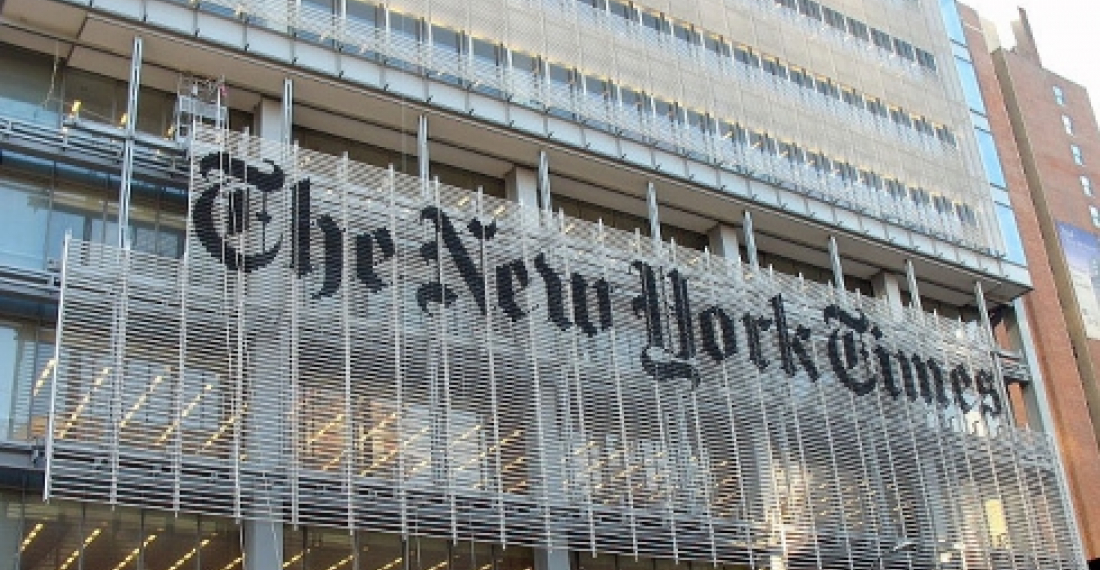Армяне со всего мира воссоединились посредством социальной сети Facebook для освящения истинных происшествий в Нагорном Карабахе в начале 90х гг. , после опубликования в New York Times статьи от 31 мая “Замороженный конфликт между Арменией и Азербайджаном начинает “кипеть”” (‘Frozen Conflict’ Between Azerbaijan and Armenia Begins to Boil) о нагорно-карабахском конфликте.
Проблема заключается в том, что автор статьи Эллен Барри представила историю возникновения конфликта, принимая во внимание азербайджанские данные, согласно которым армянская сторона выставляется агрессором и инициатором войны. Подобное искажение действительности вызвало волну негодования среди армян, которые обратились к редакторам всемирно известной газеты, с просьбой более тщательно изучить события и сопоставления всех фактов по данному вопросу.
“Автор указывает о войне развязавшейся по инициативе армян, однако не указывает, что именно Азербайджан начал военные действия, организовав бомбежки на территории Карабаха. Автор упустила из виду нарушения прав человека относительно своих же граждан: населения Карабаха со стороны азербайджанских властей. Мисс Барри также не говорит о множестве попыток мирного урегулирования конфликта посредством референдума, предложенных МГ ОБСЕ, которые были провалены усилиями азербайджанской стороны. Азербайджан ведет политику пропаганды реваншизма среди своего населения, что является одним из препятствий достижения решения проблемы.
В конце, хотелось выразить надежду, что репутация столь значимой газеты не будет очернена посредством нефте-долларовой политики Азербайджанского PR-а” , - говориться в одном из писем, отправленных редактору газеты Биллу Келлеру.
The New York Times третья по популярности (после The Wall Street Journal и USA Today) газета США основанная 18 сентября 1851 года журналистом и политиком Генри Джарвисом Рэймондом, вторым председателем Республиканского Национального Комитета, и бывшим банкиром Джорджем Джонсо.





